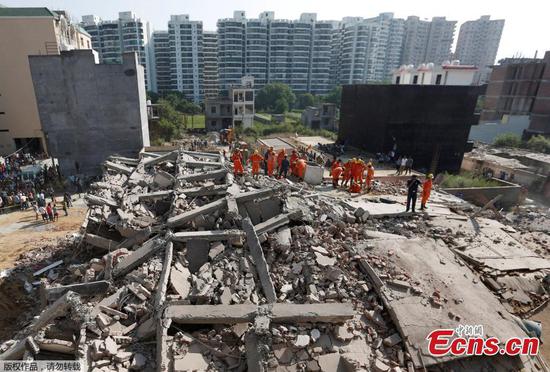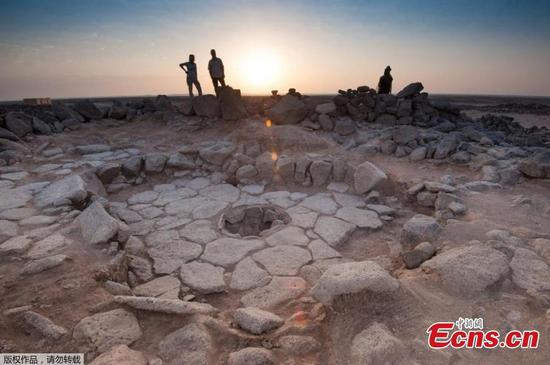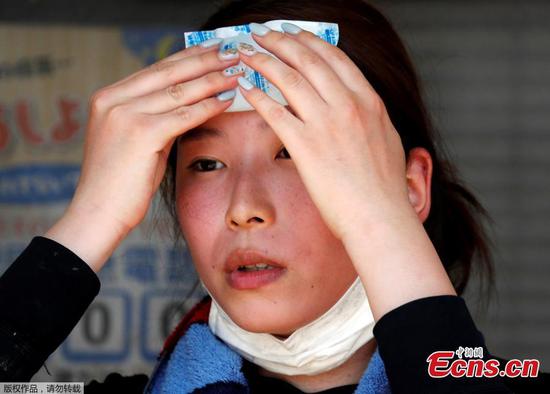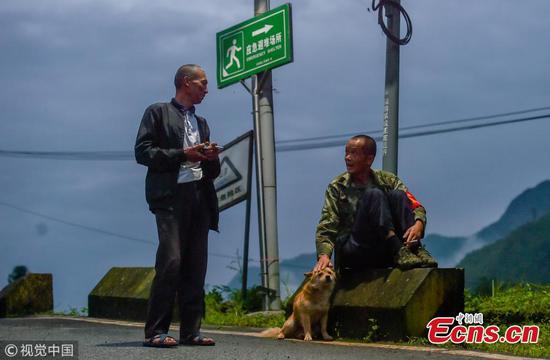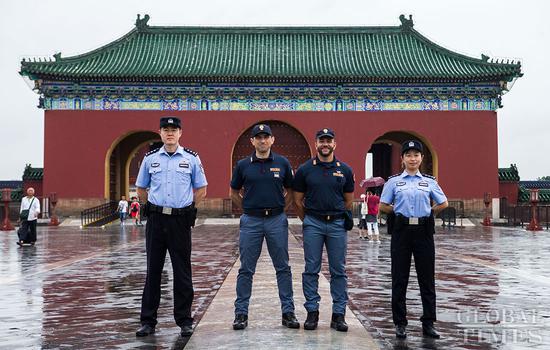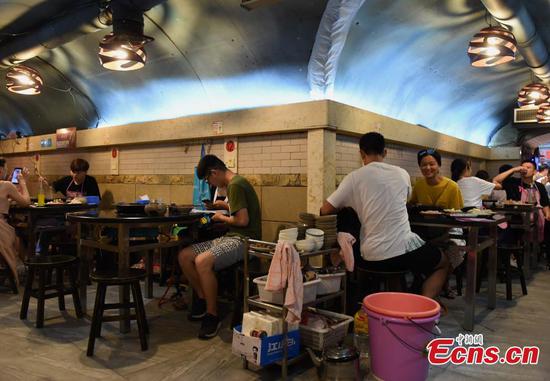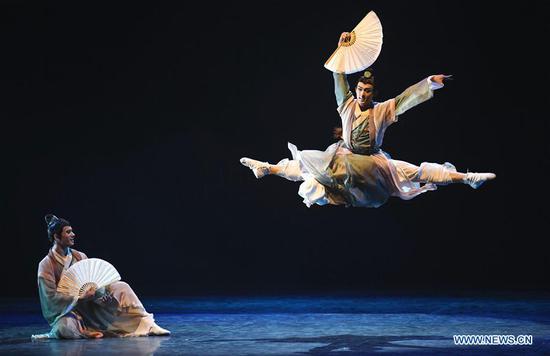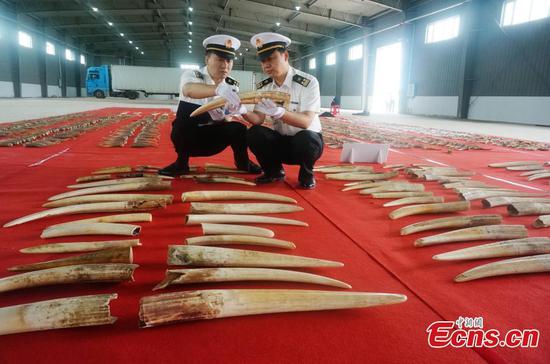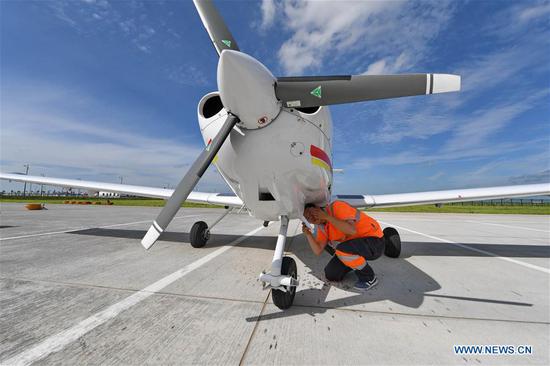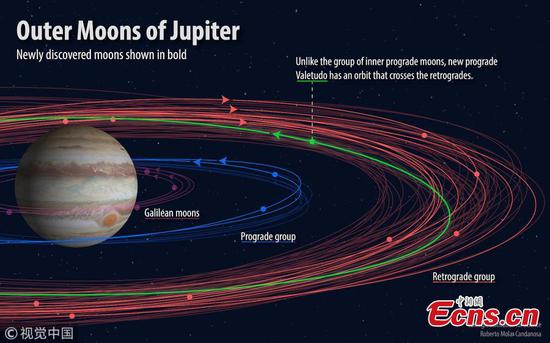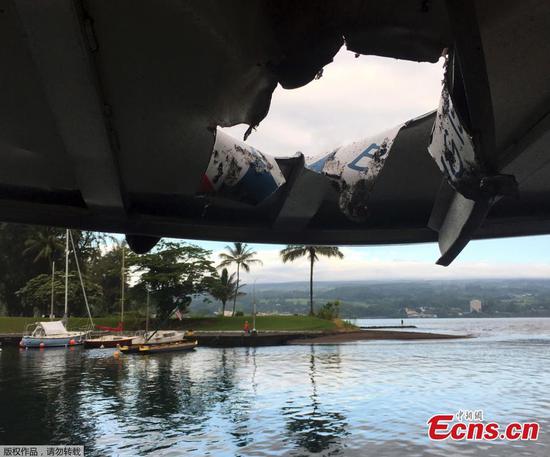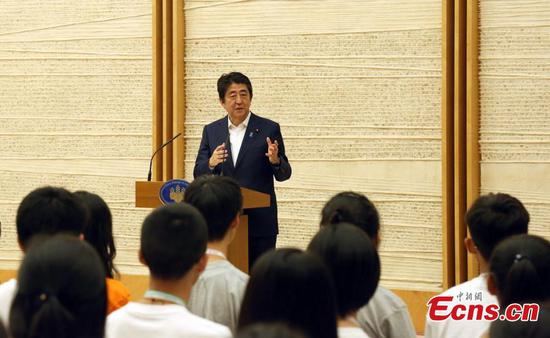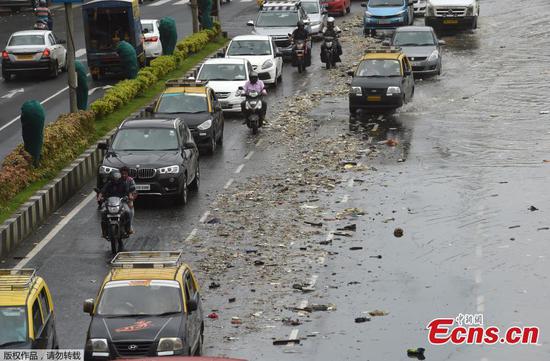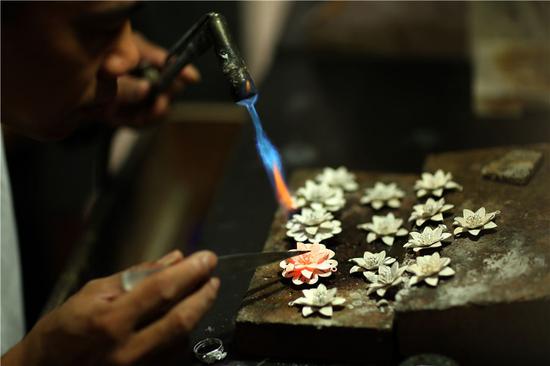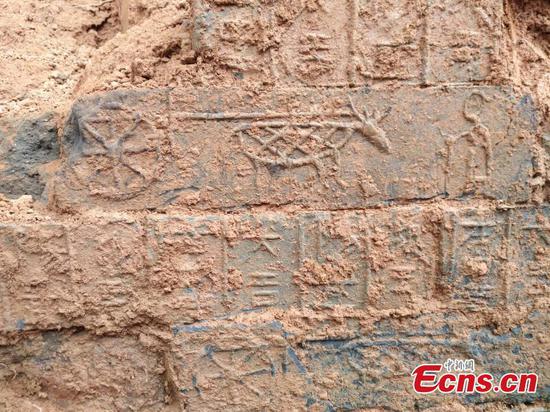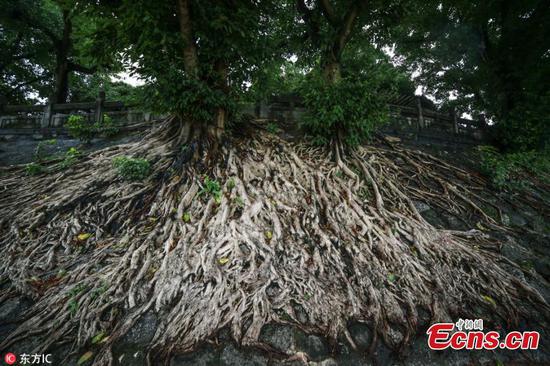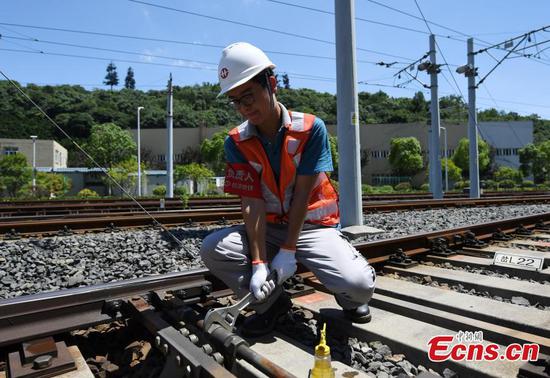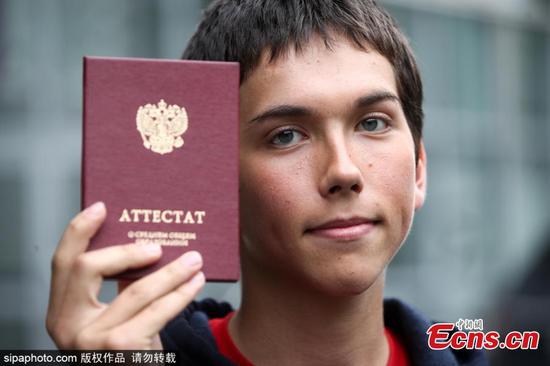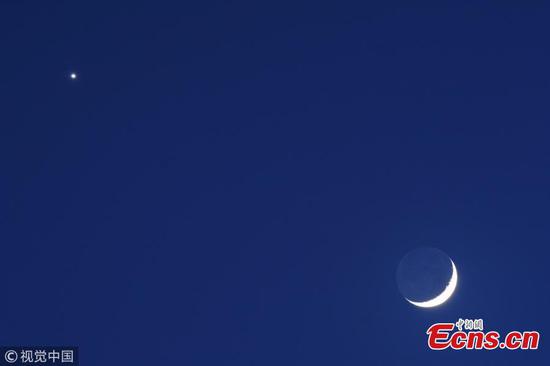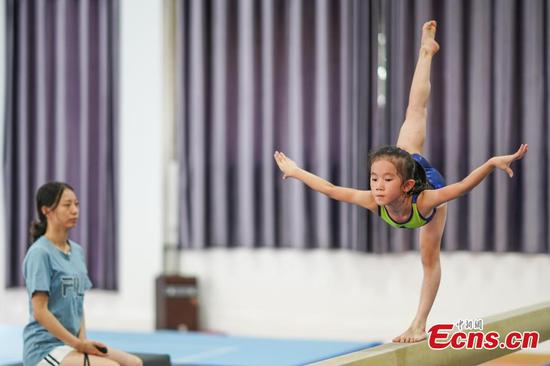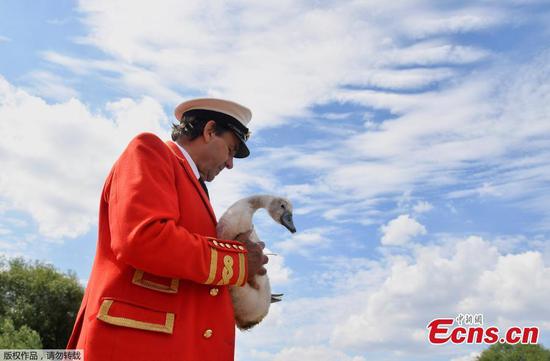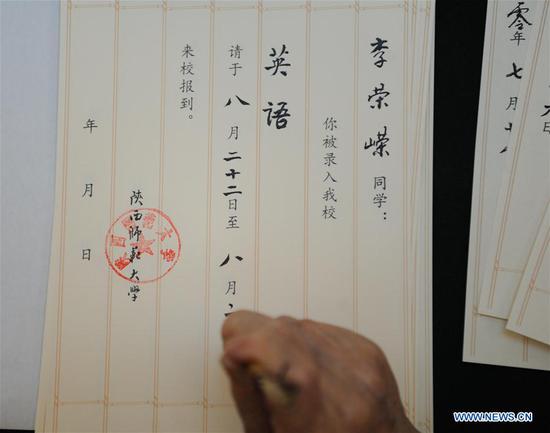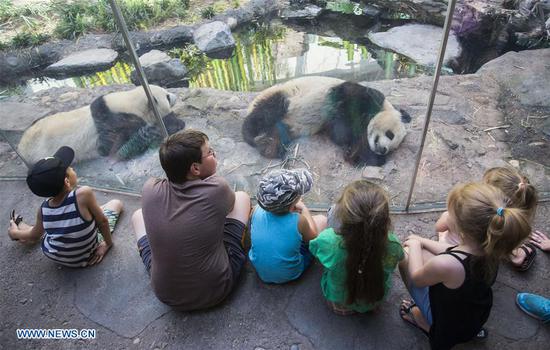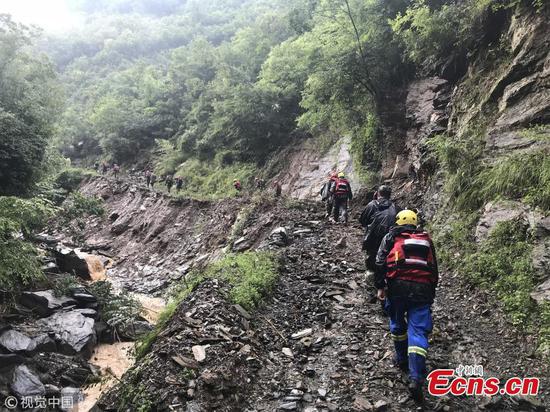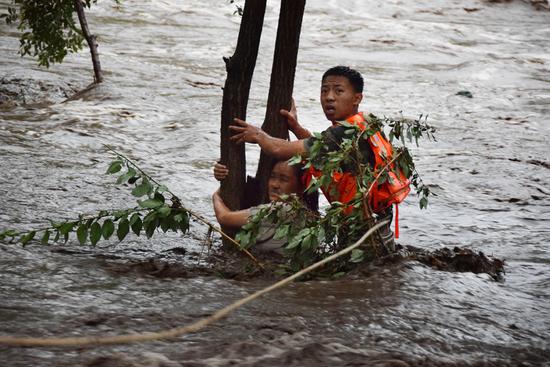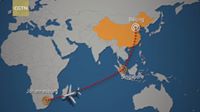Chinese scientific researchers are to be evaluated on the valuable contributions they make to their field rather than their number of published papers or academic credentials, according to a new policy issued by China's top officials.
The new policy is considered by experts to be the first volley of China's resistance to efforts by the U.S. to suppress its high-tech development.
The policy is aimed at stimulating innovation and vitality, and building a positive environment for scientists so they can better focus on their research and pursue excellence.
The policy was issued jointly by the General Office of the Central Committee of the Communist Party of China and the General Office of the State Council.
It is the highest-profile policy ever issued about scientific research, He Defang, director of the policy division of the Ministry of Science and Technology, said during a press conference earlier this month.
The evaluation of researchers will mainly depend on the actual influence of their scientific achievements, while other factors such as the number of published research papers and educational achievements will serve as less important performance indicators, the policy said.
For engineers and applied scientists, computer skills and English language competence will no longer be key factors in evaluating their professional ranking.
The policy also made it explicit that full-time researchers and teams at national laboratories will enjoy stable financial support from the central government for medium- to long-term scientific research goals.
These reforms "are what has long been expected by the scientific research community," a retired researcher from the Institute of High Energy Physics (IHEP) of the Chinese Academy of Sciences (CAS), who preferred anonymity, told the Global Times on Wednesday.
Previous evaluation standards applied in research institutes and universities in China have long and widely been denounced by research staff. Researchers have, regardless of their actual research ability, had to jump through meaningless hoops by publishing a large volume of academic papers or attaining professional titles before being considered qualified for receiving project funding.
Such standards are still used in some research institutes and schools, experts said.
Such standards have "largely dampened researchers' enthusiasm, as well as caused some chaotic phenomena in the academic community in China," Liu Qing, vice president of the Institutes of Science and Development of CAS, told the Global Times on Tuesday.
Issue of talent
In 2016, the number of academic papers written by Chinese people as first authors reached 426,000, first among all countries in the world for the first time, and surpassing 409,000 from Americans. The number of academic citations, widely considered a measure of influence, ranked fifth, Cankao Xiaoxi reported.
A great deal of professors and researchers buy and sell low-grade academic papers. A 3,000-word article could be sold for as high as 1,350 yuan ($207) on Taobao, a Chinese online shopping platform.
The new reforms are expected to change this situation.
The change "is pressing for China in terms of not only domestic reasons, but also the current international situation," Liu said.
Bai Ming, a research fellow at the Chinese Academy of International Trade and Economic Cooperation, told the Global Times that beyond the ongoing China-U.S. trade war, the U.S. has a larger strategic goal to constrain China's high-end technology development.
In April, the U.S. administration proposed tariffs on a list of Chinese goods worth $50 billion based on a Section 301 investigation into alleged Chinese intellectual property and technology transfer practices.
"The trade war could be short-term, while science and technology competition will be long-lasting between the two countries. The U.S. will strive to maintain its domination in this field, which has brought it huge profit," Bai said.
All kinds of competition "would come down to the issue of talent, which is important and is what these measures aim to work on," Liu said.
Reform of the evaluation methods of scientific research programs, personnel and institutes started in 2013. Since then, multiple policies have been issued, but with limited actual effects.
The most recent measures are considered by experts as the most comprehensive and feasible ever, though experts are still waiting for further details on specific items.
While the new policy received a wide welcome, some concerns about its implementation and "side effects" were also put forward by netizens and experts.
Achievement-oriented evaluation of researchers, for example, may not suit long-term programs which could last for decades before scoring successes, Liang Guangjian, who is in charge of the human resource office of IHEP, told the Global Times.
The policy still needs to be elaborated on to fit the different situation of institutes and regions.
"Full research and investigations should be conducted before setting more detailed standards, in order to prevent a good policy from causing new problems," Liu noted.











